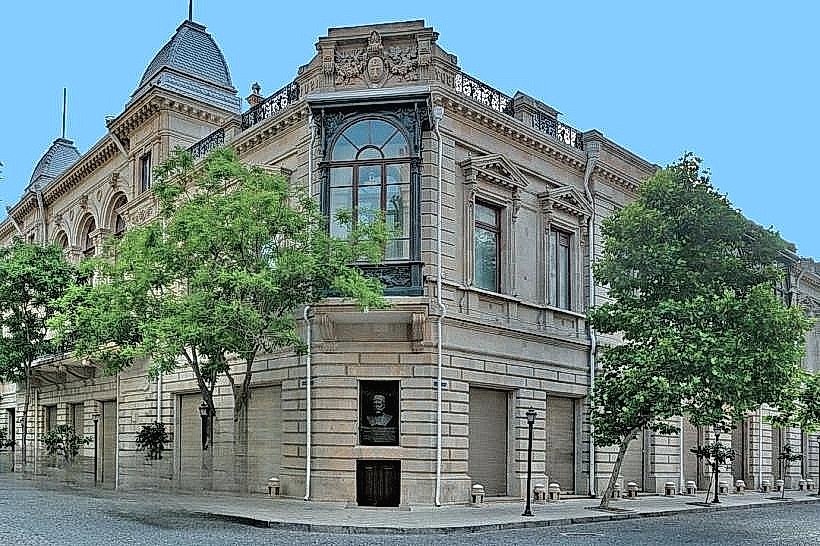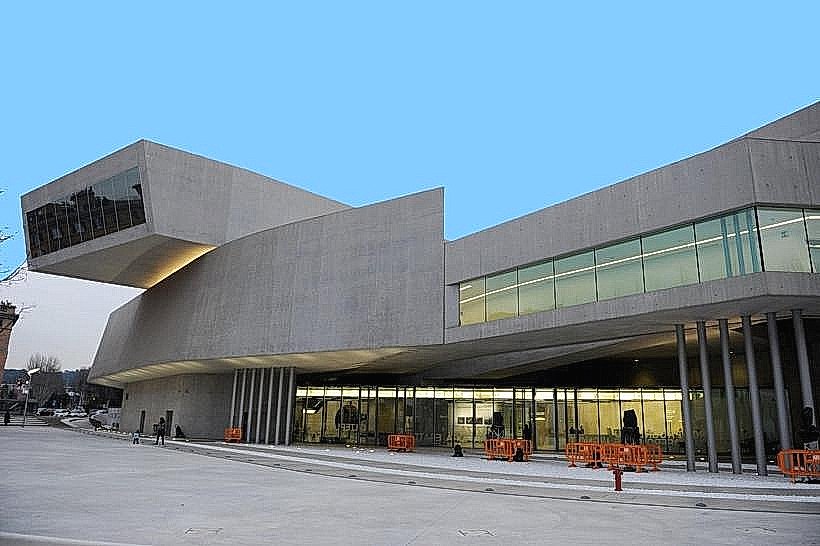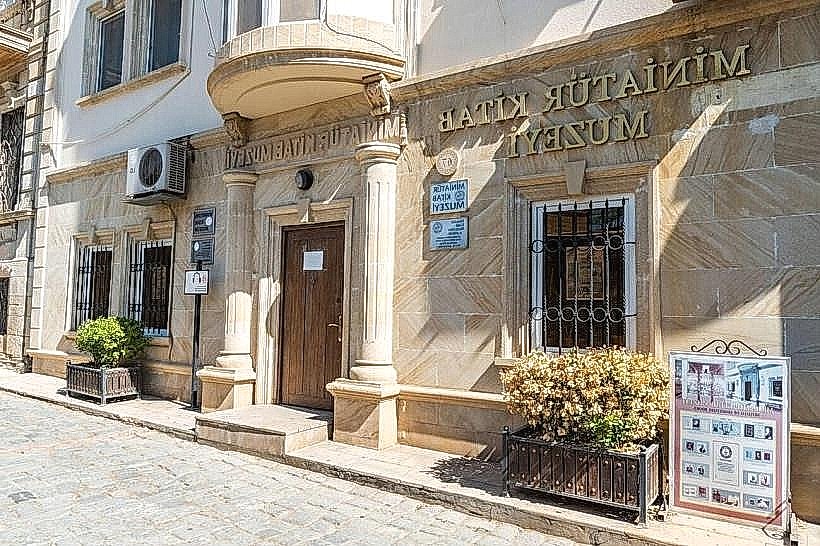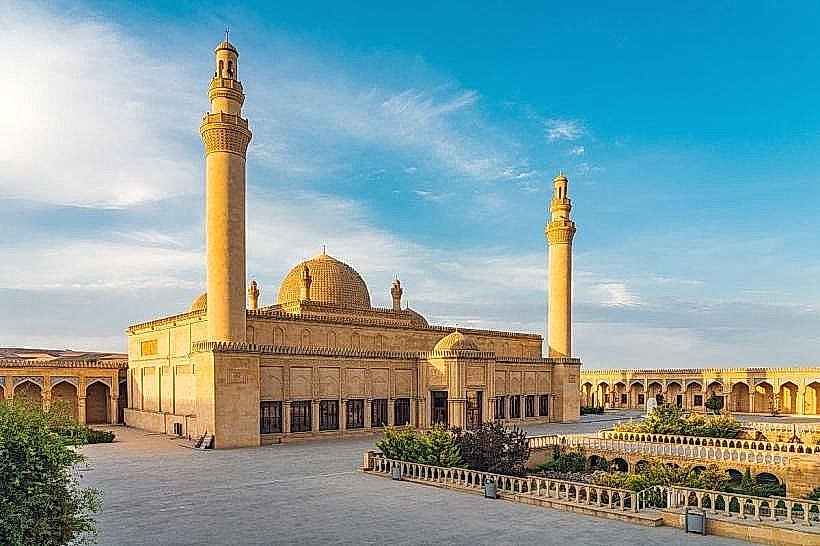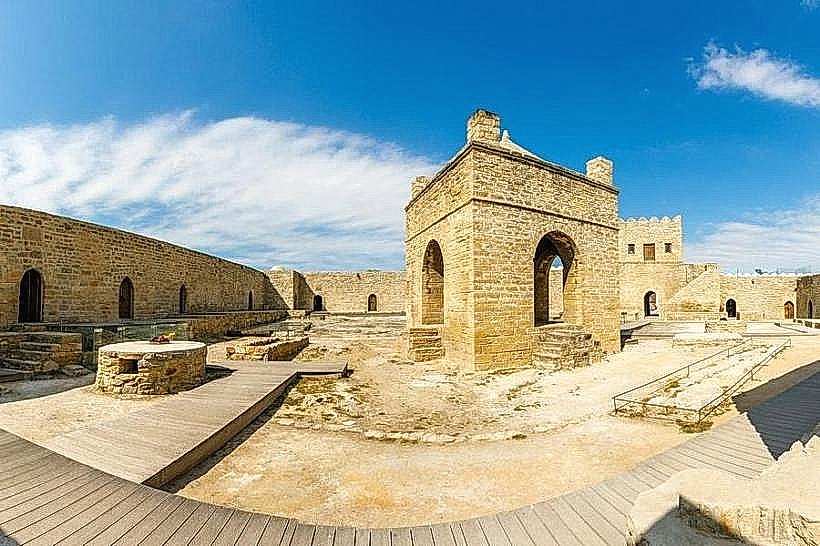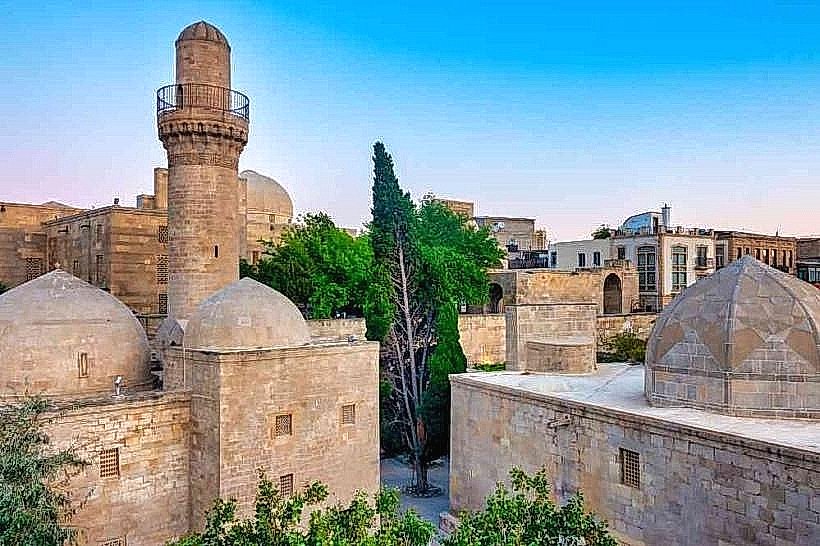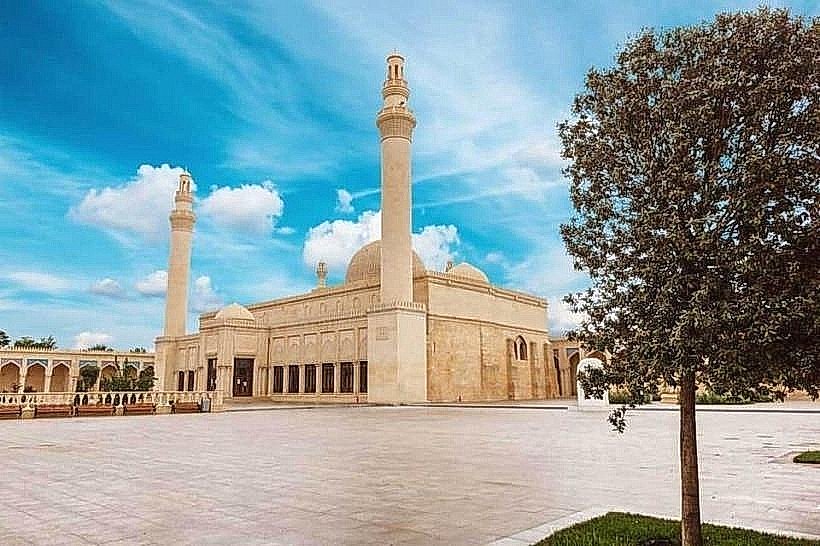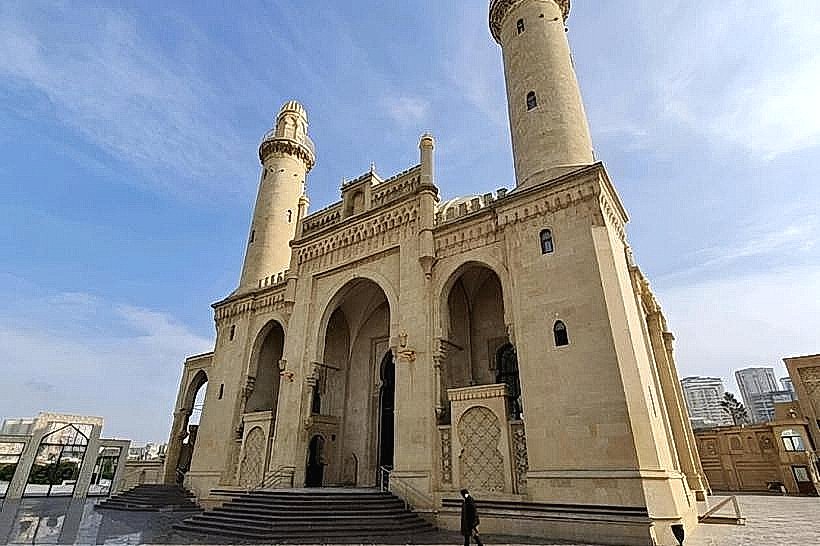Information
Landmark: Uzeyir Hajibeyov House MuseumCity: Baku
Country: Azerbaijan
Continent: Asia
Uzeyir Hajibeyov House Museum, Baku, Azerbaijan, Asia
The Nicolaysen Art Museum is an art institution located in Casper, Wyoming, USA.
Visual Characteristics
The museum building is constructed primarily of brick and concrete. Its design features clean lines and large glass windows, indicative of a modern architectural style. The exterior color palette is neutral, allowing the artwork within to be the primary focus.
Location & Access Logistics
The Nicolaysen Art Museum is situated at 400 East Collins Drive in Casper, Wyoming. It is approximately 1.5 miles east of the Casper city center. Ample parking is available on-site. Public transport options include the Casper Area Transit bus system, with Route 3 serving stops within walking distance of the museum.
Historical & Ecological Origin
The Nicolaysen Art Museum was established in 1990. The current building was constructed in 1997, designed by architectural firm LKA Partners. Its purpose is to exhibit and preserve a collection of regional and national art, with a focus on Wyoming artists.
Key Highlights & Activities
Visitors can explore permanent collections featuring Wyoming art and contemporary works. Temporary exhibitions rotate throughout the year, showcasing diverse artistic mediums. Educational programs and workshops are offered for various age groups. The museum shop provides art-related merchandise.
Infrastructure & Amenities
Restrooms are available on-site. Limited seating is provided within exhibition spaces. Cell phone signal (4G/5G) is generally reliable within the museum. Food vendors are not located within the museum itself, but several dining establishments are situated nearby on Collins Drive.
Best Time to Visit
The museum is open Tuesday through Saturday, from 10:00 AM to 5:00 PM, and Sunday from 12:00 PM to 4:00 PM. Weekday mornings tend to be less crowded. The best time of year for visiting is generally spring or fall, avoiding potential winter weather disruptions.
Facts & Legends
The museum's collection includes a significant number of works by Wyoming artist Archie Teater, known for his landscapes. A unique aspect of the museum is its outdoor sculpture garden, which is accessible during operating hours.
Nearby Landmarks
- Tate Geological Museum (0.8km West)
- David Street Station (1.2km West)
- Fort Caspar Museum (2.5km Southwest)
- Central Wyoming College (3.1km Northwest)








